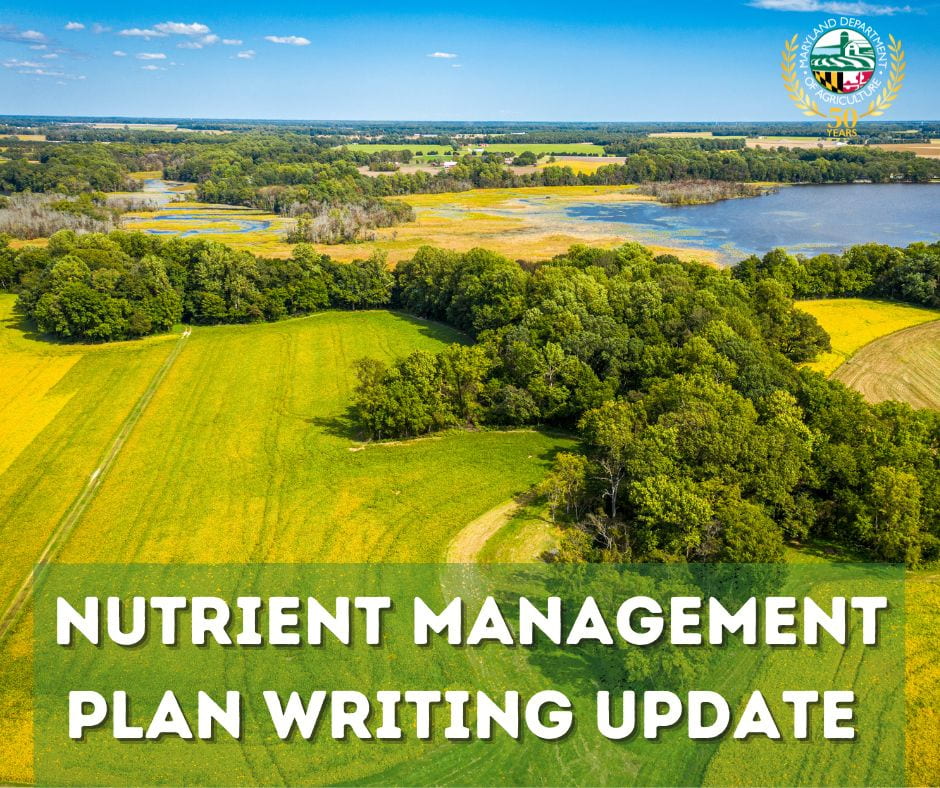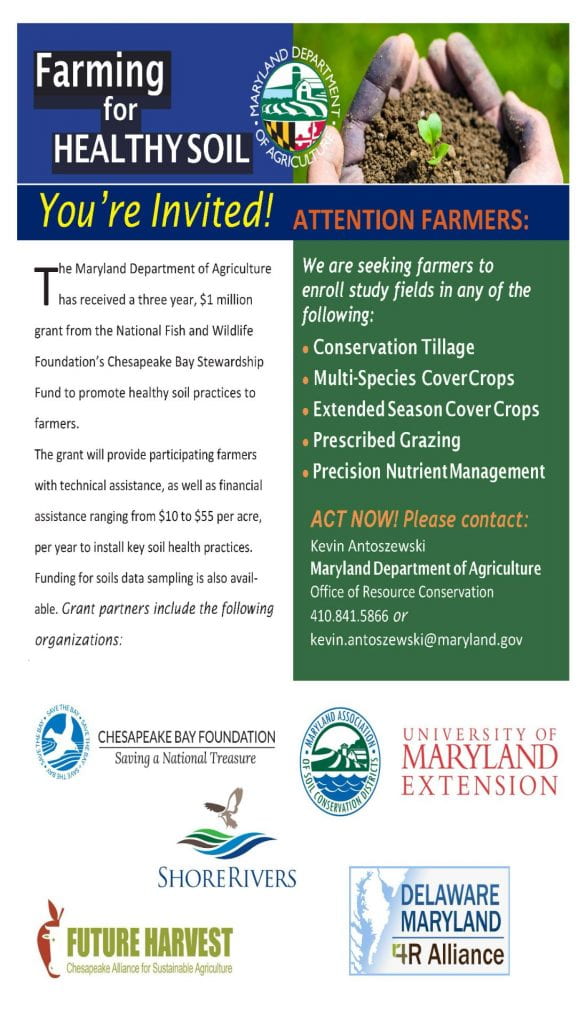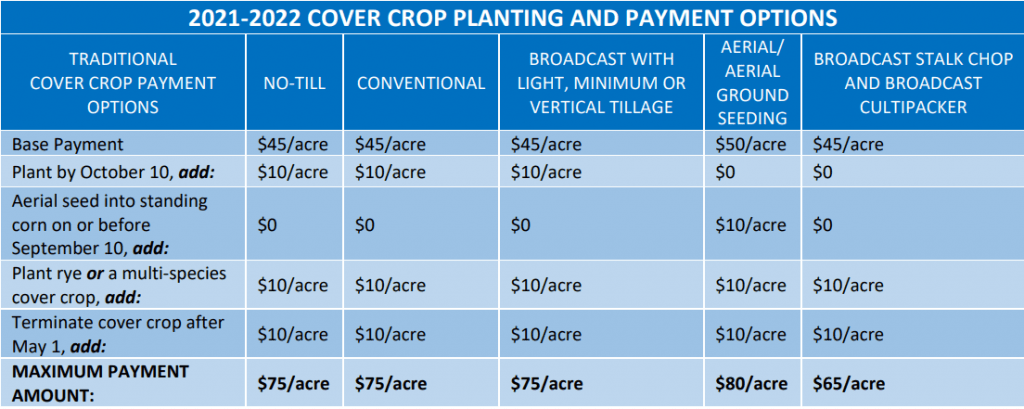Erika Crowl, Senior Agriculture Agent Associate | ecrowl@umd.edu
University of Maryland Extension, Baltimore County
On June 1, MD Secretary of Agriculture, Kevin Atticks, announced the decision to cut the funding to the University of Maryland’s (UMD) Nutrient Management Program. UMD gets pass-through dollars from EPA in the form of an annual grant administered by the Maryland Department of Agriculture (MDA) for UMD to hire nutrient management advisors to write nutrient management plans for farmers at no cost.
As of August 31, 2023 all UMD nutrient management planners will be let go, but the University will retain four Nutrient Management Specialists on campus. MDA has indicated they plan to redirect funding to offer cost-share assistance to farmers to help offset the cost of having plans written by the private sector. Details on the structure of this cost-share program have yet to be released by MDA.
What does this mean for you? Producers will either need to find a private plan writer or attend one of the upcoming farmer training certification (FTC) programs to become certified write their own plan. FTC programs will be offered by University of Maryland Extension in conjunction with MDA; more details for FTC program dates to come in the near future. You can contact a private plan writer in your area by referencing this list, or ask your Extension office for a hard copy.
Farmers who are interested in developing state approved nutrient management plans for their own farm or individuals who are interested in writing plans for the private sector can take The Nutrient Management Certification Exam on August 4, 2023 in Annapolis, Easton, and Keedysville, Maryland. The exam consists of 100 multiple choice questions selected from nine knowledge areas. These include general nutrient management; basic soil science; agricultural and environmental management; sampling testing, and analysis for nutrient assessment; basic soil fertility; fertilizer management; manure management; biosolids management; incentives and regulations. You can sign up by visiting MDA’s Nutrient Management Training website.
MDA is offering listening sessions (see below) and encourages all interested producers to attend. During these sessions producers will have an opportunity to express any concerns and ask questions to the MDA staff regarding the changes to the nutrient management program.
Mid Shore Maryland
July 13, 2023 | 3:00 p.m.—5:00 p.m. *new time*
Talbot County Community Center
10028 Ocean Gateway
Easton, MD 21601
Virtual Listening Session
July 14, 2023 | 7:00 a.m.—8:00 a.m.
Email jessica.hackett2@maryland.gov to register
Nutrient Management Summit
July 17, 2023 | 9:30 a.m.—1:30 p.m. *new time*
Anne Arundel Community College
101 College Parkway
Arnold, MD 21012
Registration: https://go.umd.edu/NMsummit
As stated in a letter from AGNR Dean Beyrouty and Dean of Extension, Dr. Jinhee Kim, “We will continue to provide solutions based on sound science to the public, not only in the agricultural realm, but also in healthy living, financial wellness, youth development, leadership and professional development, environmental quality, home gardening, and much more.”
We at University of Maryland Extension greatly appreciate your patience and support as we try to navigate these new, unexpected changes.




